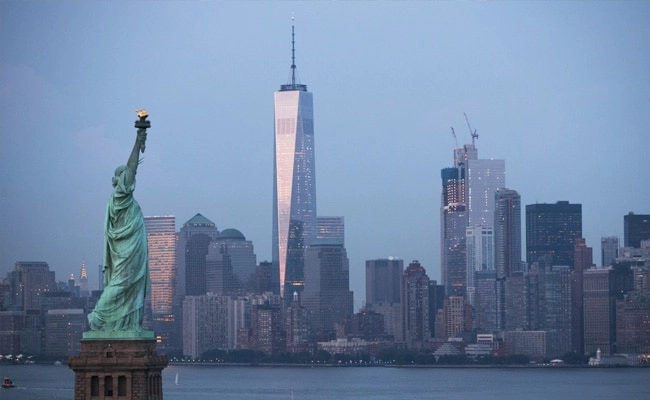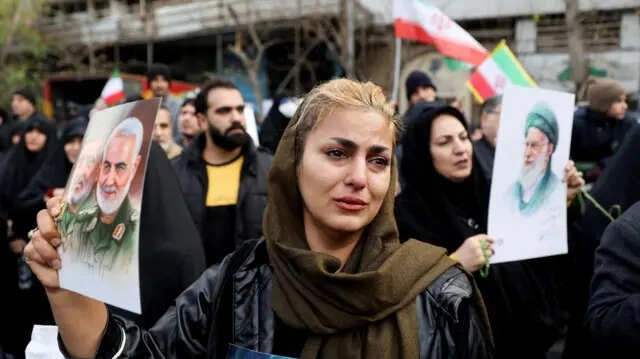Julian Assange, the controversial founder of WikiLeaks, has resurfaced in the limelight with a new documentary that delves into his life and the significant events that have shaped it. Titled “Recovered,” this film aims to provide a comprehensive look at Assange’s journey, exploring not only his role in the world of whistleblowing but also the personal struggles he has faced throughout his tumultuous career. After years spent largely in confinement, Assange’s promotion of this documentary signals a notable attempt to reclaim his narrative and highlight the broader implications of his work on transparency and freedom of information.
The documentary debuted at the prestigious Cannes Film Festival, drawing attention from both supporters and critics alike. It offers an intimate portrait of Assange, capturing the complexities of his character and the motivations behind his actions. The film seeks to contextualize his controversial decisions, particularly the release of classified military documents and diplomatic cables that exposed government secrets. By doing so, it raises important questions about the ethics of information dissemination and the ramifications for those who dare to challenge powerful institutions.
In “Recovered,” Assange speaks candidly about the consequences of his actions, including his ongoing legal battles and the impact on his family. The documentary not only chronicles his rise as a figure of global significance but also sheds light on the personal costs he has incurred along the way. As the film explores themes of justice, accountability, and the fight for press freedom, it serves as a reminder of the challenges faced by those who seek to hold the powerful accountable in an increasingly complex media landscape.
The reception of “Recovered” at Cannes has been mixed, reflecting the polarized views surrounding Assange and his legacy. Supporters hail him as a champion of free speech and transparency, while detractors argue that his actions have endangered lives and compromised national security. Regardless of one’s stance on Assange, the documentary undeniably provokes critical discussions about the role of journalism in contemporary society and the ethical dilemmas that arise when information is weaponized. This film not only provides insight into Assange’s life but also invites viewers to reflect on the broader implications of his work in an era where the boundaries of truth and transparency are continually tested.




